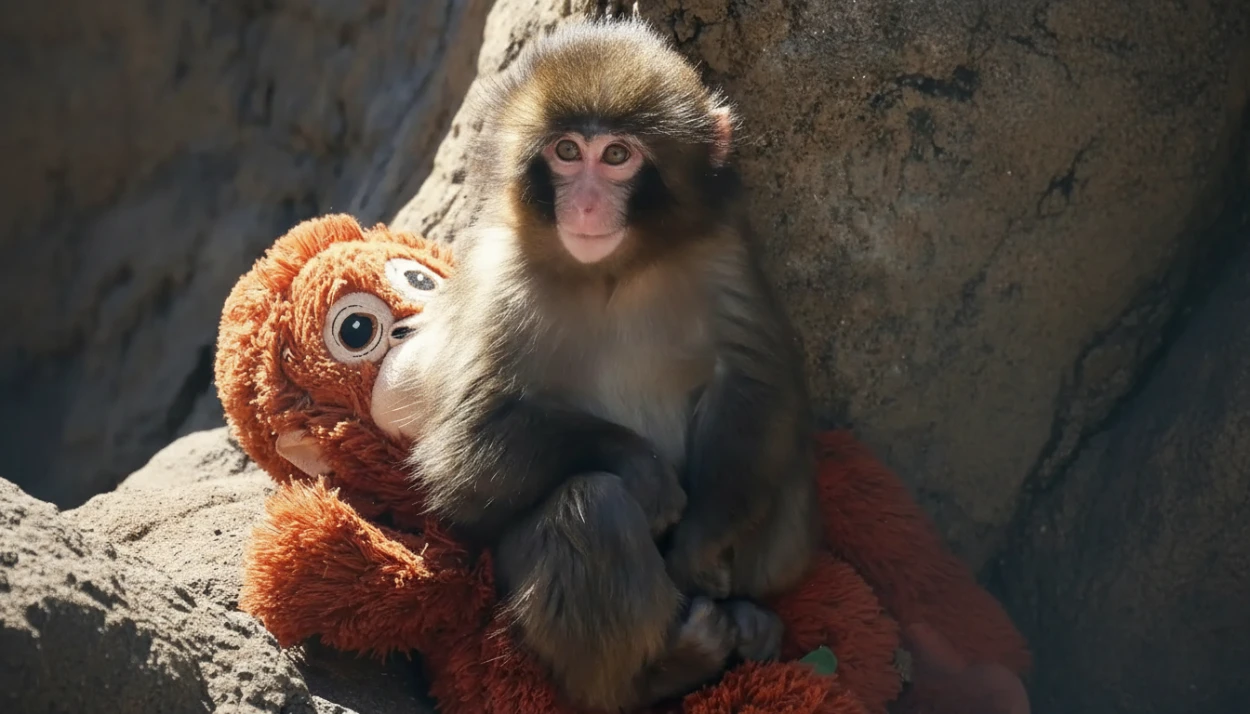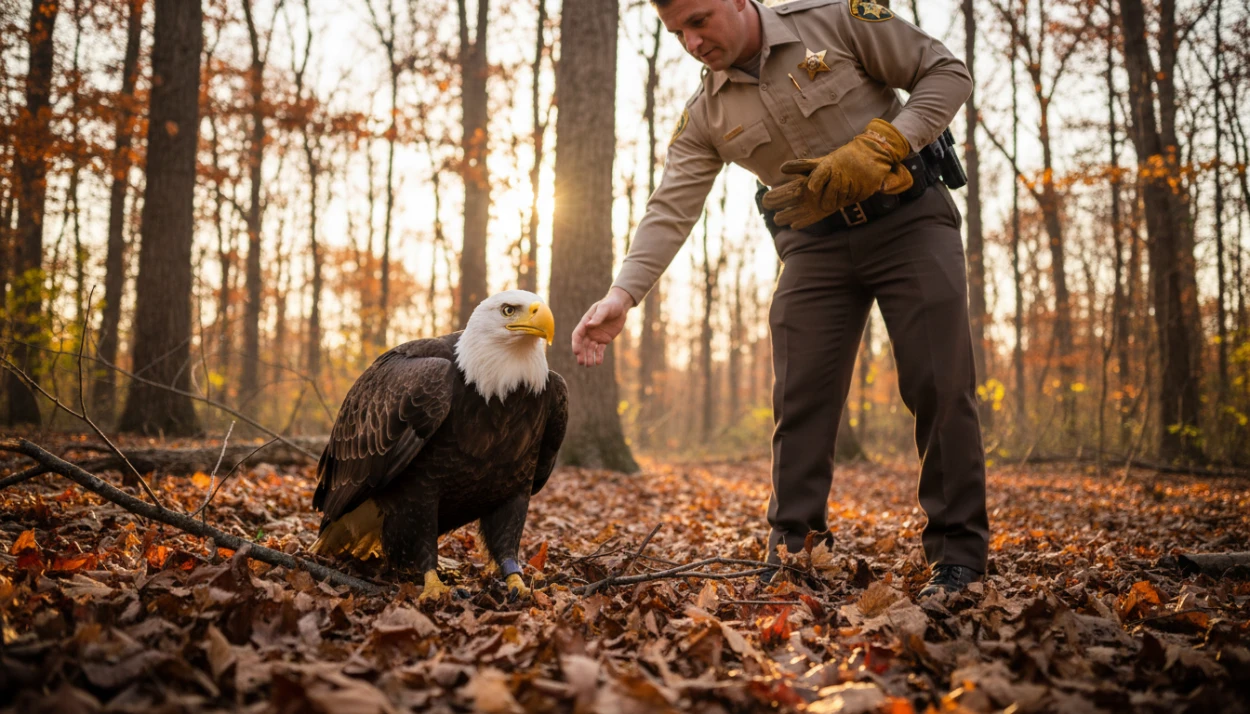
Mugira
· Asked a question
How can I help my German Shepherd manage its aggression?
-
First, it is important to understand why the German Shepherd is exhibiting aggressive behaviour. Aggression in dogs can be caused by a variety of factors, including fear, anxiety, frustration, and territoriality. It is important to identify the underlying cause of the aggression in order to create an effective plan for managing it.
In order to identify the cause of the aggression, it is important to observe the dog's behaviour in different situations. For example, does the dog become aggressive when it is around other dogs or people? Does the dog become aggressive when it is in a certain environment or when it is given certain commands? Once the cause of the aggression is identified, it is important to create a plan for managing it.
One strategy for managing aggression is to use positive reinforcement. This involves rewarding the dog for exhibiting desired behaviours, such as sitting or staying, and ignoring or redirecting the dog when it exhibits aggressive behaviours. It is important to be consistent with the rewards and to ensure that the rewards are given immediately after the desired behaviour is exhibited.
Another strategy for managing aggression is to use desensitisation and counter conditioning. This involves gradually exposing the dog to the stimulus that triggers the aggression and pairing it with a positive experience, such as treats or praise. This helps the dog to associate the stimulus with something positive, rather than something negative.
Finally, it is important to provide the dog with plenty of exercise and mental stimulation. This can help to reduce the dog's stress and anxiety levels, which can help to reduce aggressive behaviour.
By understanding the cause of the aggression and using positive reinforcement, desensitisation and counter conditioning, and providing the dog with plenty of exercise and mental stimulation, the owner can help the German Shepherd manage its aggression.










